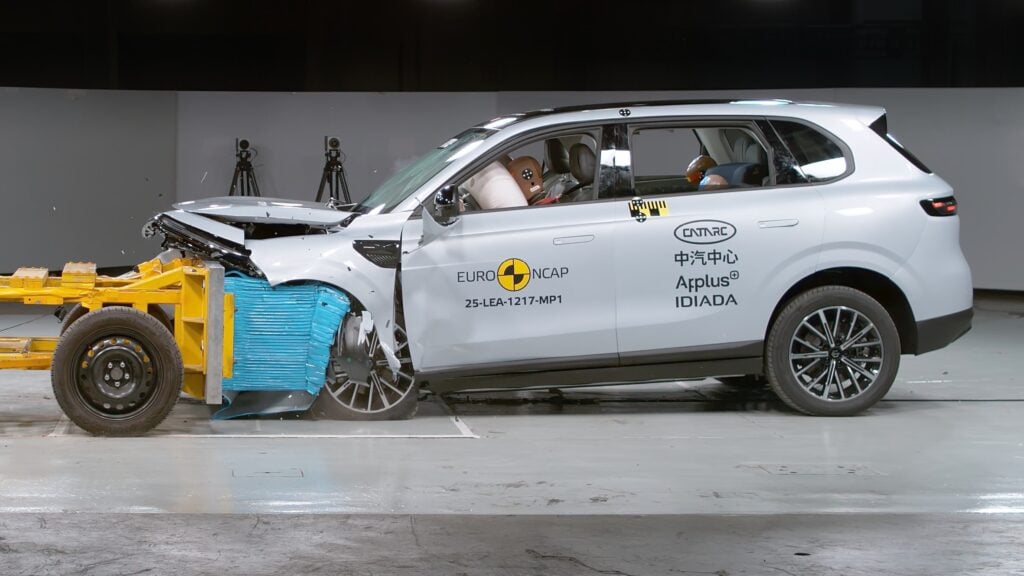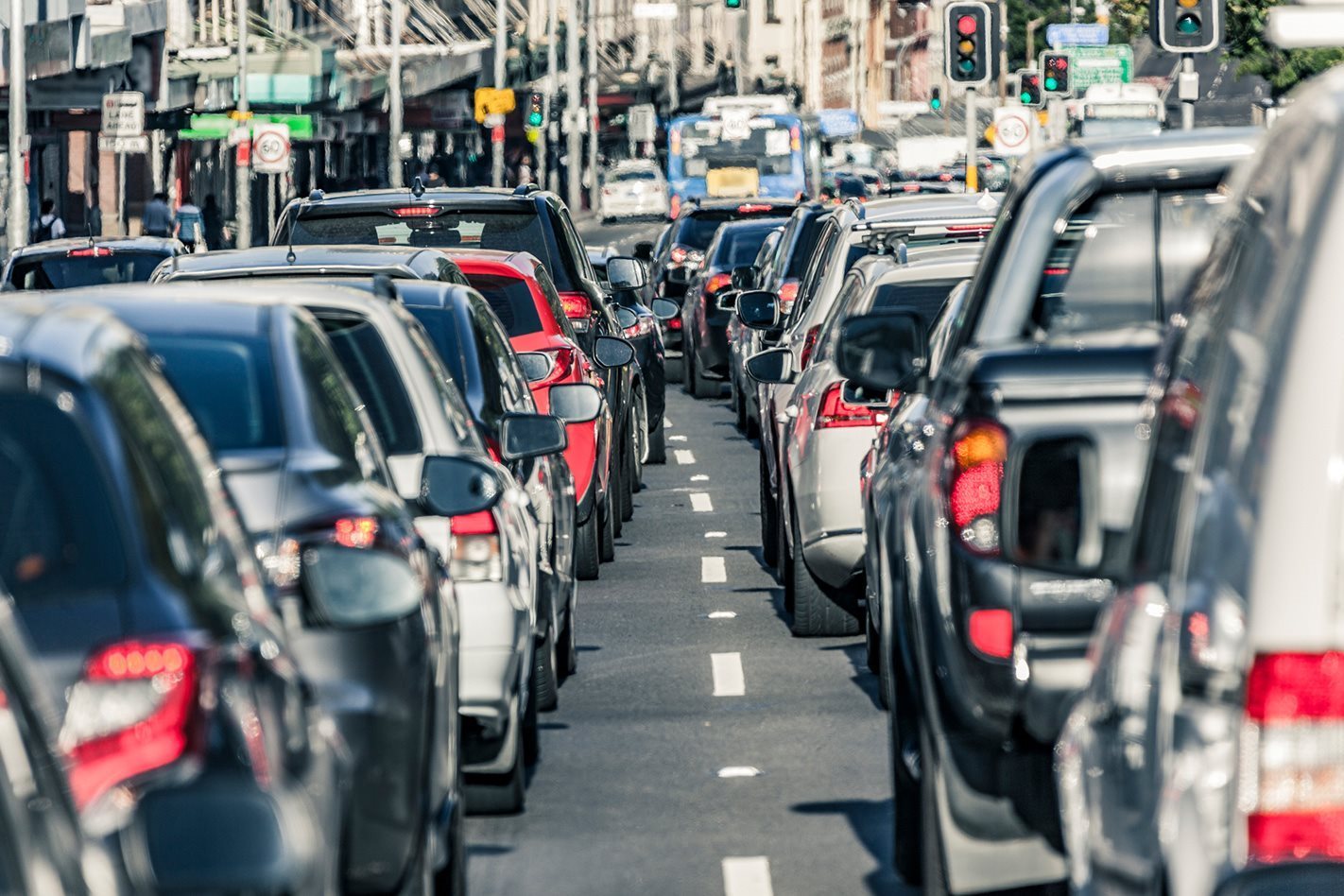
Snapshot
- 1.5 degree celsius rise u201clocked inu201d
- Governments need to get serious on decarbonisation
- Vehicle manufacturers are heavily influenced by the IPCCu2019s findings
Whether you believe in climate change or not or you are sceptical about the human impact, the latest Intergovernmental Panel on Climate Change (IPCC) report is important reading because it will affect the things you like – in this case, electricity and cars.
The latest report is the IPCC’s sixth and has a distinctly grave tone. Previous incarnations have not been nearly as direct as this one. Valérie Masson-Delmotte, co-chairwoman of the working group behind this report, said: “It has been clear for decades that the Earth’s climate is changing and the role of human influence on the climate system is undisputed.”
Fellow co-chairman Panmao Zhai is quoted as saying: “Stabilising the climate will require strong, rapid, and sustained reductions in greenhouse gas emissions and reaching net-zero CO2 emissions.”
The report itself states: “Human activities are estimated to have caused approximately 1.0°C of global warming above pre-industrial levels, with a likely range of 0.8°C to 1.2°C. Global warming is likely to reach 1.5°C between 2030 and 2052 if it continues to increase at the current rate.”
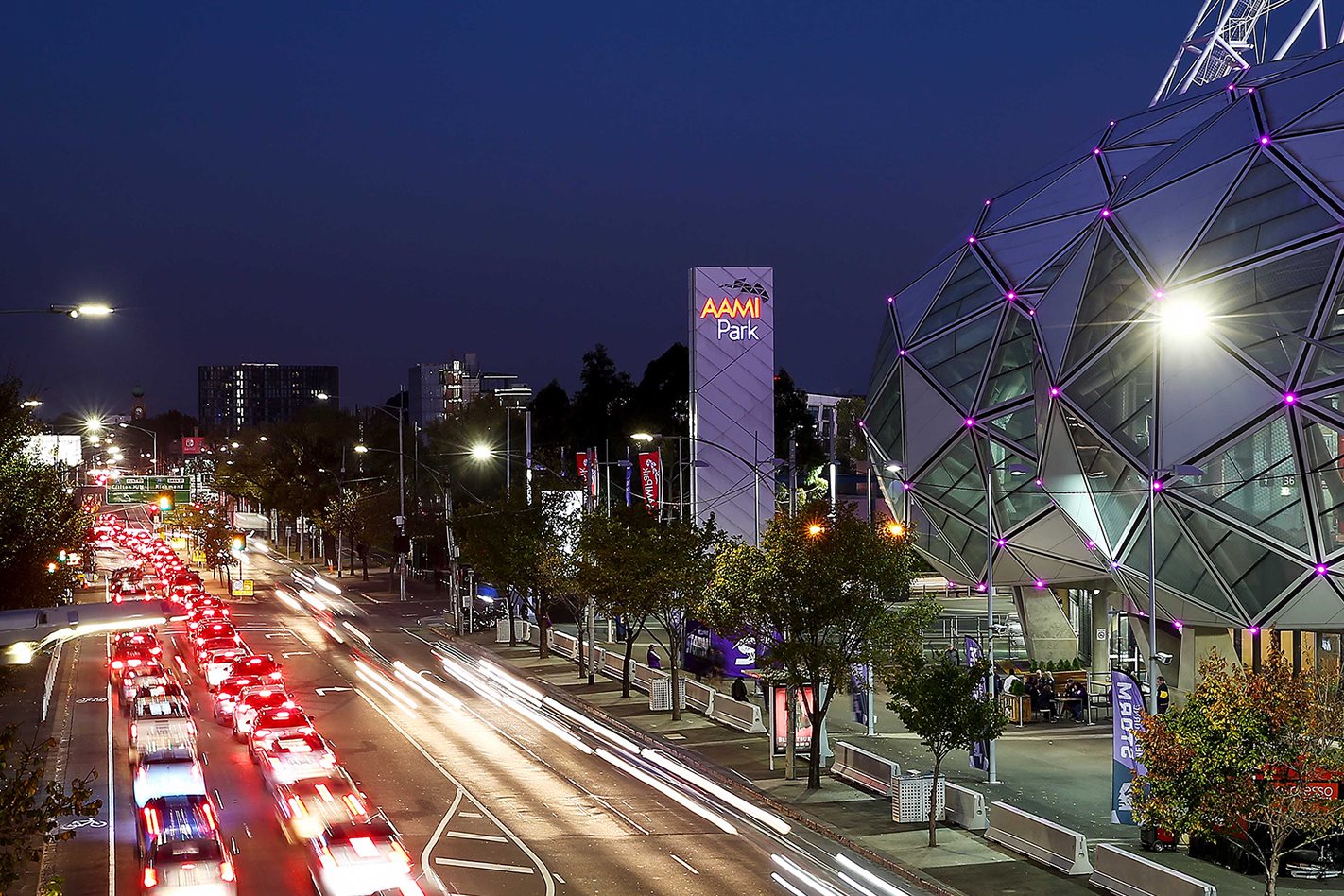
To bring you up to speed on the IPCC, its main aim is to assess the science of climate change and to examine the various lines of evidence as to the causes. From there, the body then releases reports on its “implications and potential future risks, as well as to put forward adaptation and mitigation options”.
The panel is made up of 195 member countries, Australia being one of them.
In short, the IPCC looks at the evidence, provides policymakers with information on climate change, what it means and what they can do about it.
Volunteer scientists trawl through the thousands of pieces of academia on the subject to gain a global picture of what information scientists are uncovering. Once the report is collated and handed over, most governments then turn to industries such as energy and transport and negotiate with and/or regulate them.
The IPCC’s first report was produced more than 30 years ago in 1990, predicting temperatures would rise at the rate of 0.3 degrees per decade if no action was taken at a global level to curb emissions. The IPCC now expects the rate to be almost half a degree per decade with an expected rise in global temperatures of 1.5 degrees – no matter what happens.
A 1.5 degree rise in global temperatures is expected to have a catastrophic impact on a number of lower-lying countries, especially in the Pacific, as this seemingly small rise in temperature will melt polar ice caps – leading to a rise in sea levels.
On top of that, the increased heat soak into the world’s oceans will cause a higher number of extreme weather events, according to the prevailing scientific theories.
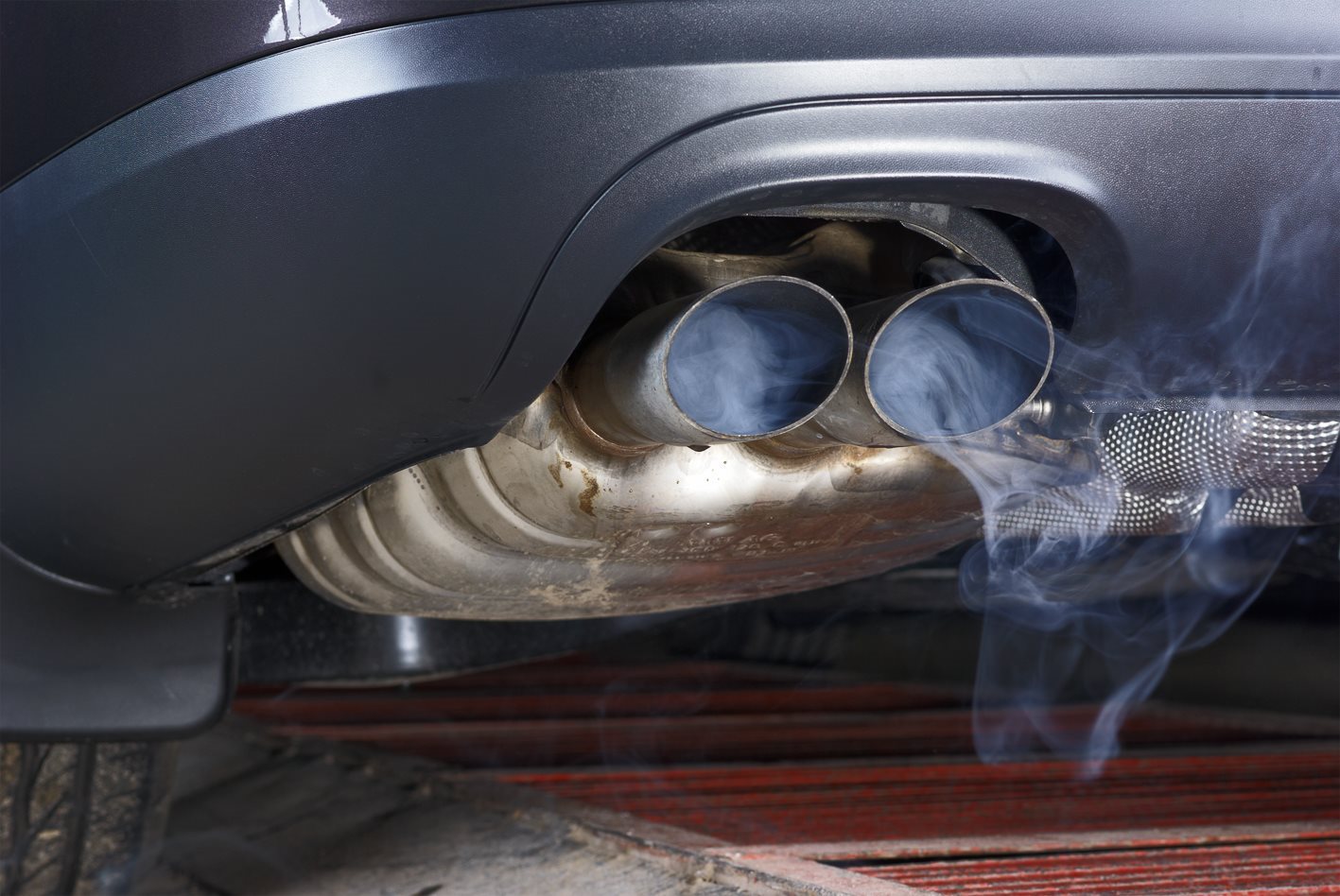
The Australian Government’s latest response however is at odds with its actual policy.
“Australia is committed to achieving net zero emissions as soon as possible, and preferably by 2050, and to meeting and exceeding our 2030 commitment, as we already have with our 2020 targets,” said Minister for Energy and Emissions Reduction Angus Taylor in a statement.
There is currently no federally legislated target for net zero emissions by 2050 and its modest 2030 targets are currently unreachable based on the Government’s own figures.
Taylor is also an architect of the “gas-led” recovery and has held the view it is critical in reducing CO2 emissions. In his time in government, Taylor has attempted to scrap the clean energy investment fund ARENA, and more recently directed the agency to invest in fossil fuels – a direct contradiction to its original charter for funding renewable energy projects.
NSW Minister for Energy and the Environment, Matt Kean, fronted the ABC’s 7:30 Report with a rather different view from his federal counterpart. “The science is very clear, if we want to protect our planet and protect our way of life, we are going to need to reduce our emissions to net zero by 2050 and preferably well before that.”
Kean echoed much of what almost every state and territory government is saying about net zero by 2050, a rare bipartisan approach from warring parties and states.
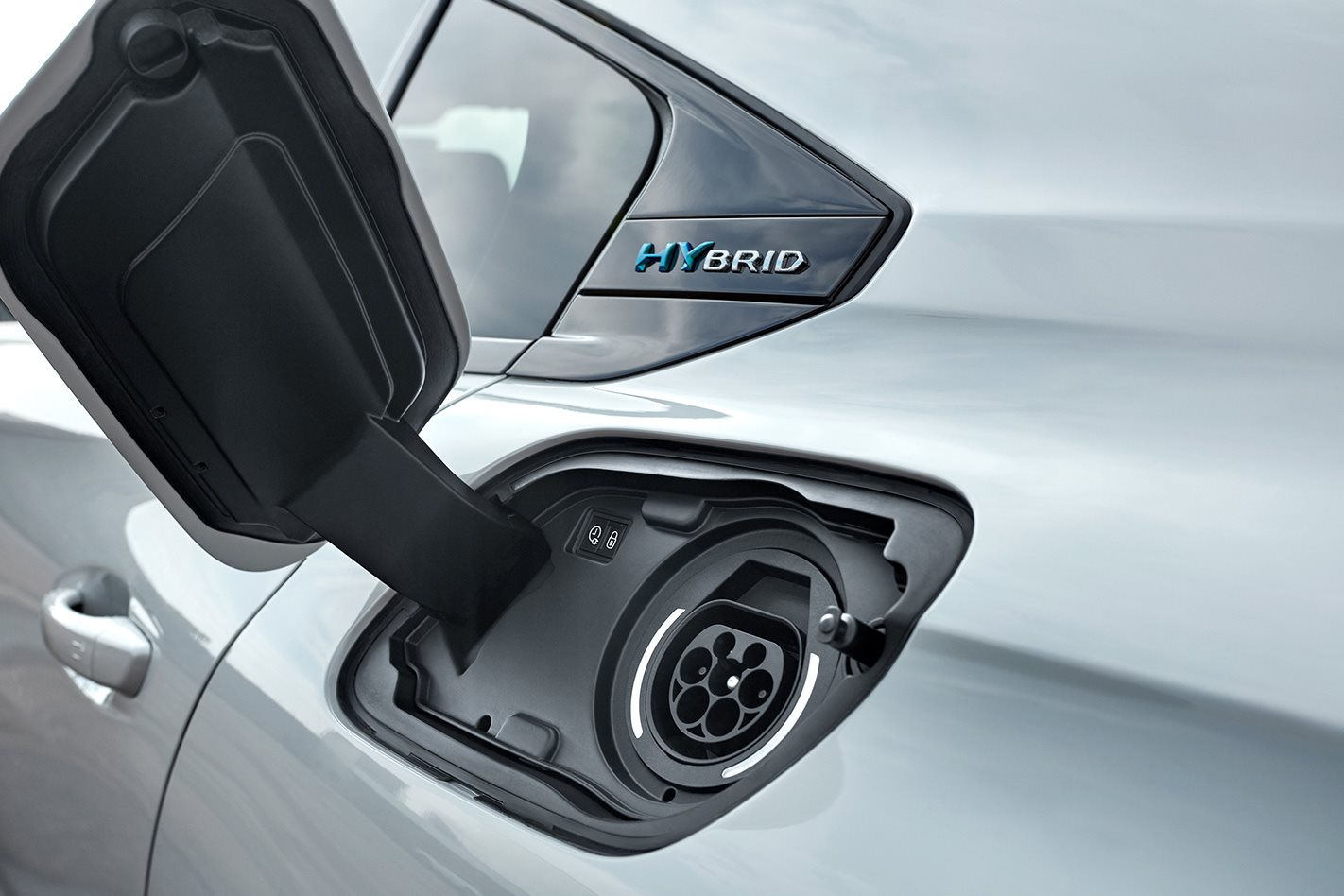
For fans of cars, the impact on Government policy is likely to be twofold. As we’ve already seen in many European countries, ICE sales will be banned during the 2030s and the spiralling costs of emissions regulations will almost certainly kill the ICE engine – at scale, anyway – around the same time. But that’s only part of the solution.
As the reports suggest, many governments will also look to rapid decarbonisation of the energy industry, replacing (as much as possible) coal, oil and gas-fired generation with wind, solar and other renewable energy sources – as well as a possible resurgence in nuclear energy where it is politically expedient.
With decarbonisation comes the inevitable and obvious risks, and so with it must come storage to ensure a stable energy grid. If nothing else, that has to happen because politicians lose their jobs when the lights don’t come on.
The car industry’s fortunes are now bound inextricably with the IPCC report because of its undoubted influence. The great challenge of decarbonisation in Australia and other industrialised countries is transitioning the jobs of those currently employed by legacy power generation – to fail to do so is immoral and placing the burden of the actions of others.
We recommend
-
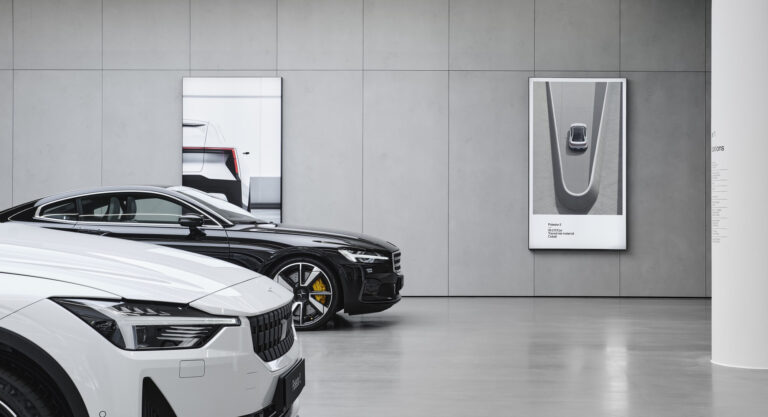 News
NewsPolestar plans to create climate-neutral car by 2030
CEO says planting trees to off-set emissions is a "cop out"
-
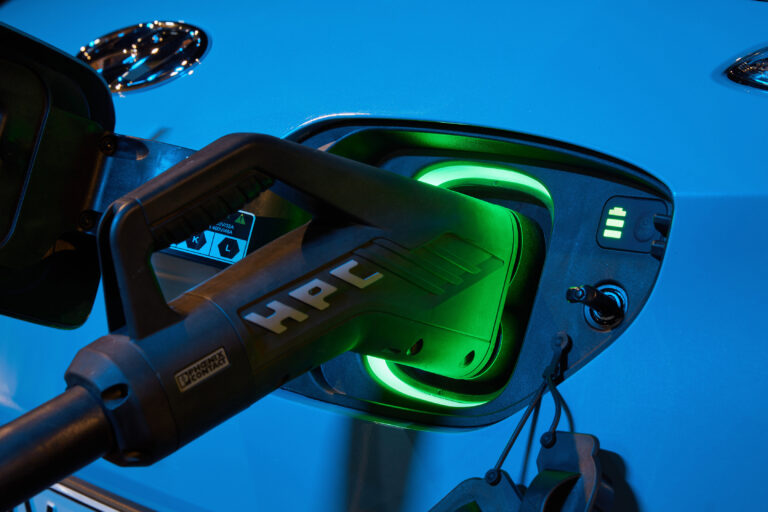 Opinion
OpinionComment: Sky News takes on EVs and gets it wrong
Another day, another ten things Sky After Dark has wrong about EVs and climate change
-
 Opinion
OpinionOpinion: The 2020s must be the time for sensible climate action
A year after Australia's bushfires, cars cannot remain the only target for climate action




